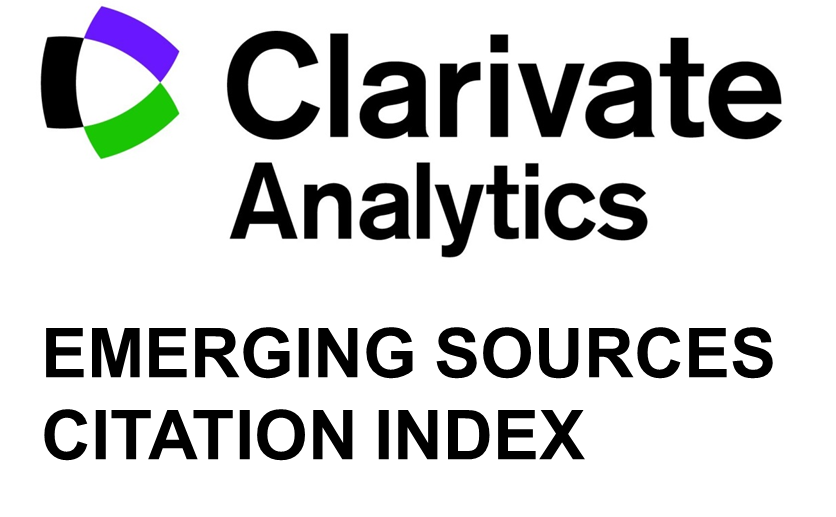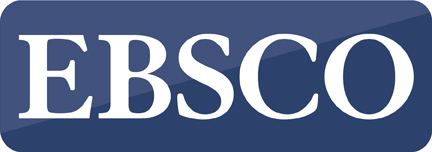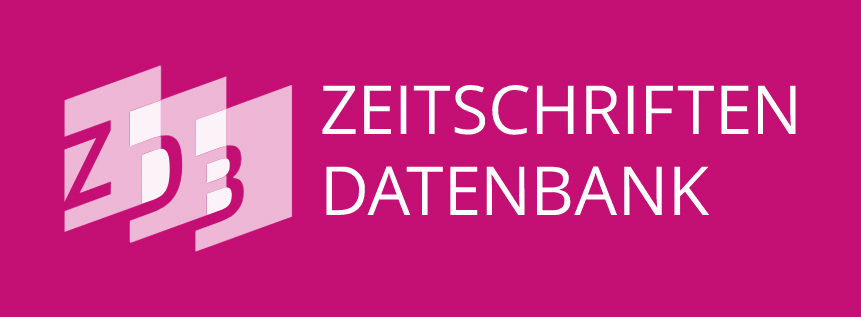An NLP approach to skill analysis in ICT job advertisements from a gender perspective
Keywords:
ICT labour market, job advertisements, gender gap, NLP, exploratory text analysis, Serbia, soft skills, hard skillsAbstract
Background: The gender gap in the Information and Communication Technology (ICT) sector is strongly pronounced across Europe, including Serbia. Women are underrepresented in ICT education, entry positions, and throughout career trajectory. Although surveys and official statistics are commonly used to study gender disparities and skills in demand, job advertisements remain an underexplored organic data source in these studies. They can provide valuable insights into required hard and soft skills and a basis for measuring the influence of used language in job descriptions on gender distribution of applicants.
Purpose: This paper investigates whether linguistic patterns and the framing of skill requirements in ICT job advertisements correlates with the gender distribution of applicants. The aim is to understand how specific wording or skill emphasis may differently attract male or female candidates.
Study design/methodology/approach: Authors analyse 3,643 ICT job advertisements from Serbia with associated data on self-reported gender of applicants. Using a five-step methodology, the authors apply exploratory text analysis and natural language processing techniques, including n-gram analysis, feature engineering, and co-occurrence networks, to identify hard and soft skills patterns across male- and female-majority job postings.
Findings/conclusions: The results offer insights into the language characteristics used in ICT job descriptions and gender-specific keywords reflecting hard and soft skills. Job advertisements that attract more male candidates use engineering-oriented terminology, such as programming and DevOps tools. In contrast, advertisements drawing more female candidates emphasise collaboration, teamwork, and emotional intelligence. Soft skills are more frequent in female-majority advertisements, while male-majority advertisements focus on narrower technical domains. Empirical findings suggest that how job advertisements frame requirements can reinforce gendered perceptions of role suitability. This has practical implications for human resource management and recruitment strategies in the ICT industry.
Limitations/future research: Limitations include the use of percentage-based gender data and the evolving nature of the ICT labour market. Future research will expand the dataset, improve gender classification, and explore longitudinal trends to track changes over time.
Downloads
Published
Issue
Section
License
Copyright (c) 2025 Olivera Grljević, Tatjana Kecojević

This work is licensed under a Creative Commons Attribution 4.0 International License.













